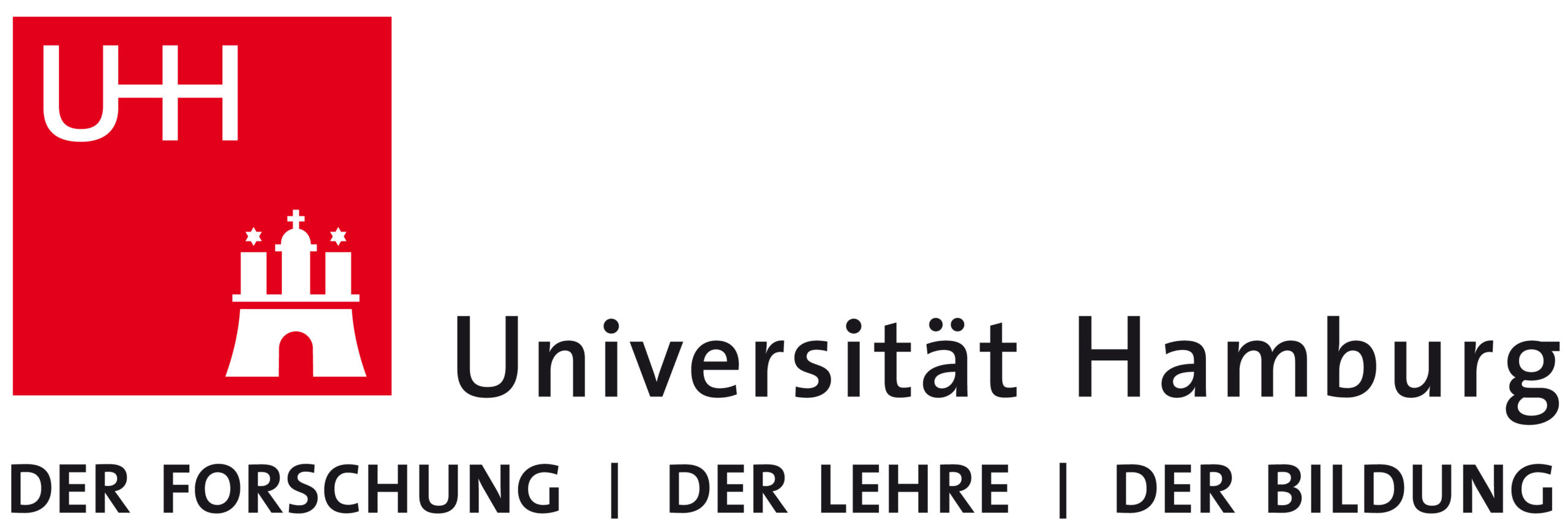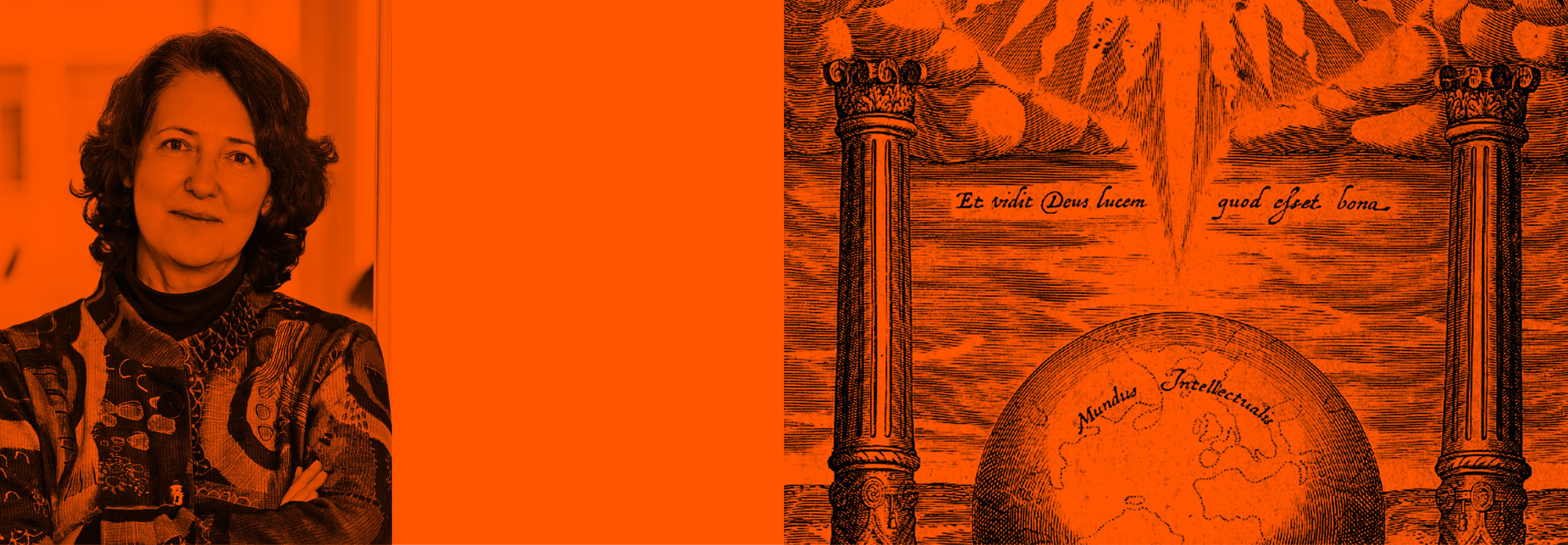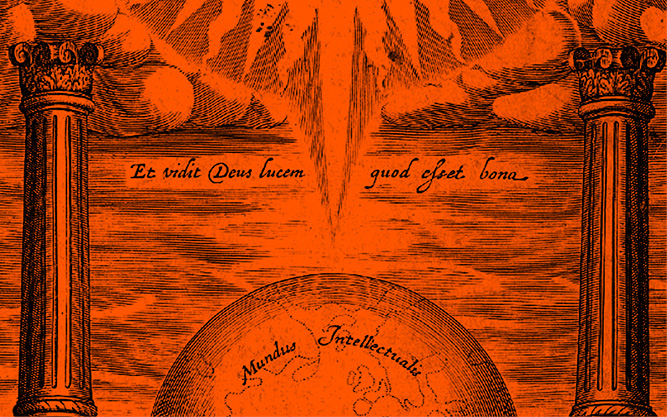Dana Jalobeanu is Associate Professor in Philosophy at the University of Bucharest and Director of the Humanities Division of the Institute of Research (ICUB) of the University of Bucharest. Previously, she was an Associate Professor at the Western University, Vasile Goldiș, Arad (until 2009). She also served as science editor for the BBC World Service’s Romanian Section (in London and Bucharest, 2000-2008). She had fellowships at Oxford (Balliol College), The Warburg Institute, New Europe College, Princeton University and the Max Planck Institute for History of Science, Berlin. Dana Jalobeanu is the co-founder of the Princeton Bucharest Seminar in Early Modern Philosophy and co-editor of the Journal of Early Modern Studies, as well as a member of the Oxford Francis Bacon editorial project, in charge of editing volume XIX, Francis Bacon’s Sylva Sylvarum. She is the coordinating editor of the first Romanian edition of Bacon’s philosophical works (Francis Bacon, Opere filosofice).
Dana Jalobeanu’s main research areas are early modern philosophy and the sciences, with a special focus on experimental practices and the emergence of experimental philosophy; medicine of the mind in the Renaissance and the reception of Stoicism in the 16th and 17th centuries; the interplay between philosophy, science and literature in early modern Europe (and beyond), as well as the philosophy of scientific experimentation.
While at HIAS, Dana Jalobeanu is working on a book provisionally called Baconian Sciences, which investigates the articulation and reception of Francis Bacon’s plan for the instauration of arts and sciences formulated towards the end of his life, in De augmentis scientiarum (1623). For a long time, De augmentis was treated as an “augmented” translation of his earlier blueprint The two books on the excellency and the advancement of learning (1605). This view was so widespread in the scholarly community that, to date, there is no modern scholarly edition of this essential work. Dana Jalobeanu’s claim is that De augmentis is a key to understanding not only Bacon’s late plans for the reformation of knowledge, but also the early modern Baconianism across Europe. Bacon’s followers did not aim to emulate his method, or to complete his system. They saw themselves engaged in raising Baconian sciences on topical natural and experimental histories gathered by following Bacon’s model inquiries. The book explores the nascent sciences of the heavens (the projects to reform astrology in the mid-seventeenth century England), gravitation (Henry Power and Robert Hooke), sound (Mersenne Mersenne) and vegetation (mid-seventeenth century naturalists, such as John Beale and John Evelyn).
Her collaboration partner is Matthias Schemmel, Professor of Historical Epistemology at Universität Hamburg.
Dana Jalobeanu‘s HIAS Fellowship is provided by the Free and Hanseatic City of Hamburg and the federal and state funds acquired by Universität Hamburg in the framework of its Excellence Strategy.
Tandem
Matthias Schemmel, professor of Historical Epistemology, Universität Hamburg

Bildinformation
Francis Bacon, Sylva Sylvarum, London, 1626 (courtesy to British Library)

